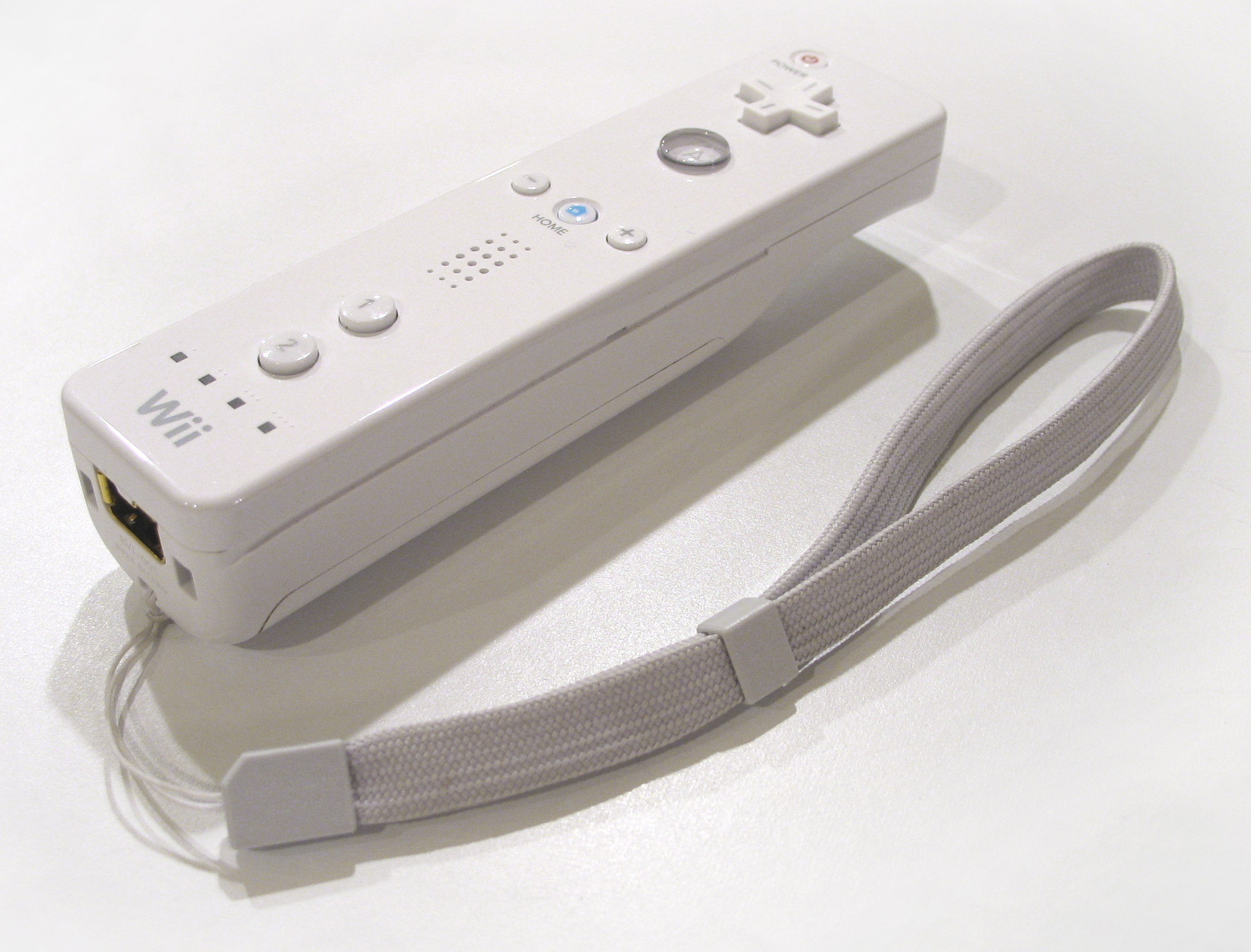|
TMNT (game)
''TMNT'' is an action video game featuring the Teenage Mutant Ninja Turtles. It was developed by Ubisoft Montreal and published by Ubisoft for Xbox 360, Wii, PlayStation 2, GameCube, Nintendo DS, and PlayStation Portable, as well as for Microsoft Windows on March 20, 2007. It is based on the 2007 film of the same name. Versions of the game for the original Xbox and PlayStation 3 were also planned but cancelled. Gameplay The gameplay in ''TMNT'' contains many acrobatic segments in the vein of another Ubisoft game series, ''Prince of Persia''. The game features 16 story levels and 16 unlockable challenge levels. The game also features four playable characters, each with their own unique fighting style and abilities. The game encourages cooperative gameplay, as the player will have to use each turtle's special abilities to navigate through their environment. PSP and DS versions Like their console counterparts, the PSP and DS versions of the game are relatively similar ... [...More Info...] [...Related Items...] OR: [Wikipedia] [Google] [Baidu] |
Ubisoft Montreal
Ubisoft Divertissements Inc., doing business as Ubisoft Montreal, is a Canadian video game developer and a studio of Ubisoft based in Montreal. The studio was founded in April 1997 as part of Ubisoft's growth into worldwide markets, with subsidies from the governments of Montreal, Quebec, and Canada to help create new multimedia jobs. The studio's initial products were low-profile children's games based on existing intellectual property. Ubisoft Montreal's break-out titles were 2002's ''Tom Clancy's Splinter Cell'' and 2003's '' Prince of Persia: The Sands of Time''. Subsequently, the studio continued to develop sequels and related games in both series, and developing its own intellectual properties such as ''Assassin's Creed'', ''Far Cry'', ''Watch Dogs'', and ''For Honor''. As of 2021, the studio employs more than 4,000 staff. The studio helped to establish Montreal as a creative city, and brought other video game developers to establish studios there. History Backgroun ... [...More Info...] [...Related Items...] OR: [Wikipedia] [Google] [Baidu] |
PlayStation Portable
The PlayStation Portable (PSP) is a handheld game console developed and marketed by Sony Computer Entertainment. It was first released in Japan on December 12, 2004, in North America on March 24, 2005, and in PAL regions on September 1, 2005, and is the first handheld installment in the PlayStation line of consoles. As a seventh generation console, the PSP competed with the Nintendo DS. Development of the PSP was announced during E3 2003, and the console was unveiled at a Sony press conference on May 11, 2004. The system was the most powerful portable console when it was introduced, and was the first real competitor of Nintendo's handheld consoles after many challengers such as Nokia's N-Gage had failed. The PSP's advanced graphics capabilities made it a popular mobile entertainment device, which could connect to the PlayStation 2 and PlayStation 3, any computer with a USB interface, other PSP systems, and the Internet. The PSP also had a vast array of multimedia features su ... [...More Info...] [...Related Items...] OR: [Wikipedia] [Google] [Baidu] |
Wii Remote
The Wii Remote, also known colloquially as the Wiimote, is the primary game controller for Nintendo's Wii home video game console. An essential capability of the Wii Remote is its motion sensing capability, which allows the user to interact with and manipulate items on screen via motion sensing, gesture recognition, and pointing which is used for the console, using accelerometer and optical sensor technology. It is expandable by adding attachments. The attachment bundled with the Wii console is the Nunchuk, which complements the Wii Remote by providing functions similar to those in gamepad controllers. Some other attachments include the Classic Controller, Wii Zapper, and the Wii Wheel, which has originally been used for the racing game, ''Mario Kart Wii''. The controller was revealed at both E3 2005 and E3 2006 and the Tokyo Game Show on September 14, 2005, with the name "Wii Remote" announced April 27, 2006. It received much attention due to its unique features, not supported ... [...More Info...] [...Related Items...] OR: [Wikipedia] [Google] [Baidu] |
Official Xbox Magazine
''Official Xbox Magazine'' (or OXM for short) was a British monthly video game magazine which started in November 2001 around the launch of the original Xbox. A preview issue was released at E3 2001, with another preview issue in November 2001. The magazine was bundled with a disc that included game demos, preview videos and trailers, and other content, such as game or Xbox updates and free gamerpics. The discs also provided the software for the Xbox 360 for backward compatibility of original Xbox games for those without broadband and Xbox Live access. As of January 2012, OXM no longer includes a demo disc. In mid-2014, the U.S. version was merged into the UK version on the website, which lasted only a few months until Future plc announced that it was closing its website along with all the other websites that Future has published, including ''Edge'' and '' Computer and Video Games''. In February 2015, ''OXM'' and all of Future's video game websites were redirected into GamesRad ... [...More Info...] [...Related Items...] OR: [Wikipedia] [Google] [Baidu] |
Game Informer
''Game Informer'' (''GI'', most often stylized ''gameinformer'' from the 2010s onward) is an American monthly video game magazine featuring articles, news, strategy, and reviews of video games and associated consoles. It debuted in August 1991 when video game retailer FuncoLand started publishing an in-house newsletter."10 Years of ''Game Informer''" (August 2001). ''Game Informer'', p. 42. "In August 1991, FuncoLand began publishing a six-page circular to be handed out free in all of its retail locations." The publication is now owned and published by GameStop, who bought FuncoLand in 2000. Due to this, a large amount of promotion is done in-store, which has contributed to the success of the magazine. As of June 2017, it is the 5th most popular magazine by copies circulated. Starting from the 2010s, ''Game Informer'' has transitioned to a more online-based focus. History Magazine ''Game Informer'' debuted in August 1991 as a six-page magazine. It was published every two mon ... [...More Info...] [...Related Items...] OR: [Wikipedia] [Google] [Baidu] |


